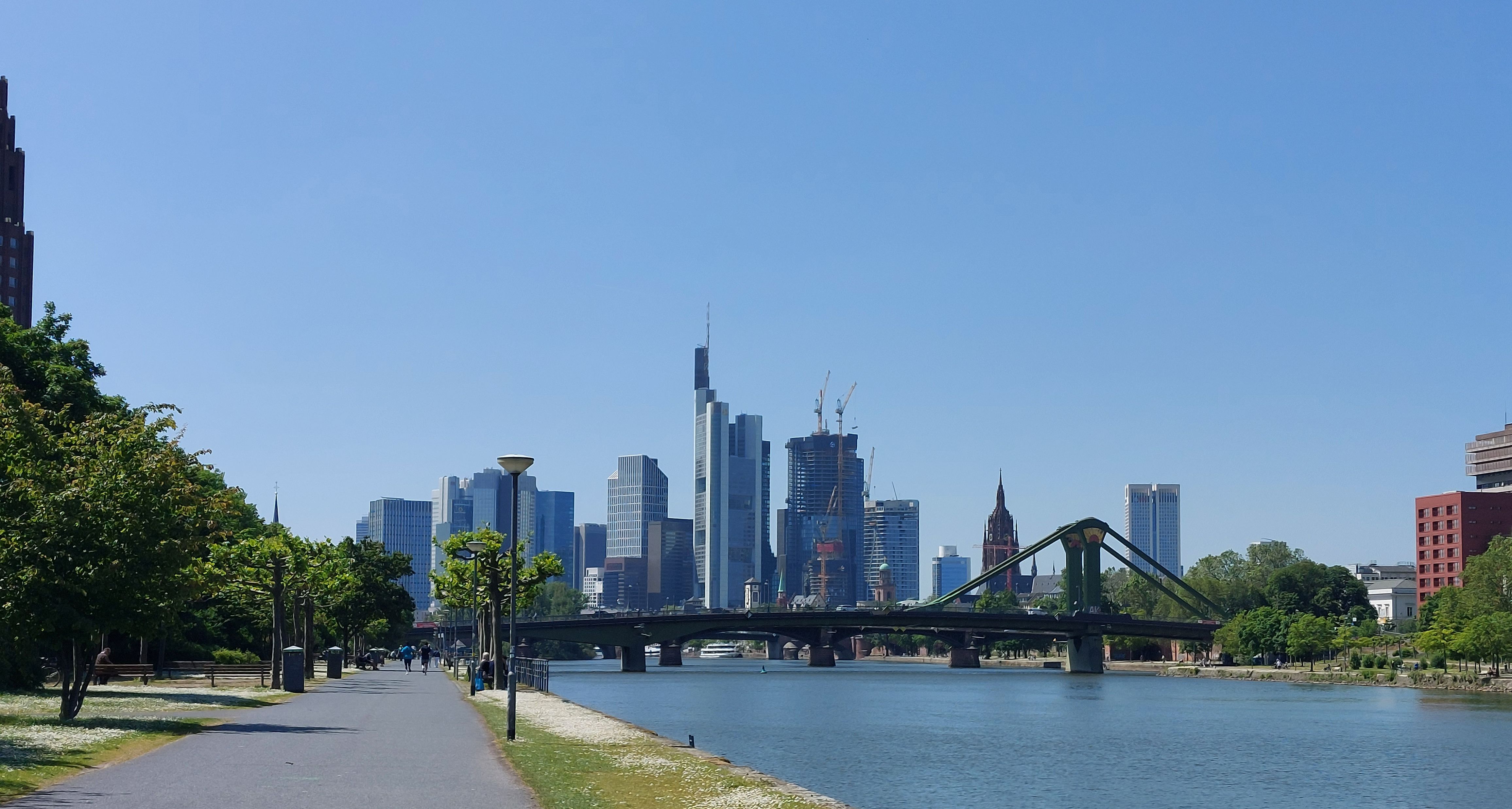
Christophe Braouet is a retired bank director. He has been a volunteer chairman of the Franco-German Society in Frankfurt am Main for 20 years (1) and recently published a book with the promising title "Deutschland und Frankreich schaffen das". (2) Eurolandpost (ELP) asked Christophe Braouet to answer a few questions on the subject of the European Capital Markets Union.
- ELP: Firstly, a question of understanding: banking union and capital markets union are two different topics?
BRAOUET: They are two complementary parts of the deepening of the European single financial market. The banking union is about subjecting all banks - i.e. the "producers" - to standardised rules. A major step has already been taken with the ECB taking over control of the banks (at least the 112 largest European banks). What is still missing is the European (i.e. standardised) deposit guarantee scheme, which has so far failed due to German resistance. The Capital Markets Union is about giving "consumers", i.e. companies and private individuals, access to the same products in the eurozone: It starts with securitisation and the various stock exchanges and ends with savings products. All these products are still nationally defined, subject to different taxes, etc. ... while there is only one American market. In essence, it's about being able to maintain our competitiveness against the Americans in particular.
ELP: This time we want to go into the subject of the Capital Markets Union in more depth. The following is difficult for laypeople to understand: Why does the capital markets union not yet exist, even though the free movement of capital is one of the four freedoms of the European single market?
BRAOUET: Easier said than done: every country has to give up its tax privileges. Luxembourg and Ireland in particular refuse to do so, as they have disproportionately large financial systems thanks to reduced taxes on capital market transactions. Ireland should be reminded that it was particularly affected during the financial crisis for this reason and was rescued by the European Union. Luxembourg benefits in many ways from its EU membership. For example, Jean-Claude Junker was delighted to become President of the European Commission, even though Luxembourg has only 1 per cent of the European population.
- ELP: The ECB Governing Council (3), the central bank governors of Germany and France (4), the European Council of Heads of Government (5) (6) - they are all currently campaigning for the realisation of a European capital markets union. Why is this project so important?
BRAOUET: It's about the competitiveness of banks and companies, particularly in relation to the USA. JP MorganChase, the largest US bank, earned as much in one year as all European banks put together. This bank can sell the same product from New York to Los Angeles, from Chicago to Dallas. The savings of Seattle can be invested in Miami, those of Boston in New Orleans. This applies to bonds and shares, but also to start-ups. In Europe, we are still trapped within national borders in this respect. The American savings needed to realise a new idea are far greater than the national savings of any EU member state. So it should come as no surprise that a US company is now as big as the French economy as a whole (Apple's market capitalisation is equivalent to French GDP). A single market would therefore benefit not only the banks, but also all companies.
- ELP: What advantages can the Capital Markets Union offer citizens, for example people who are not primarily concerned with investing money?
BRAOUET: Savers would be able to access the entire range of investments offered by European fund providers. Financing a property in an EU country could be done without additional costs. Even inheritances would be made easier. There is a standardised European form (ENZ for Germany, CSE for France): But it has to be notarised and translated into the other language ... absurd.
- ELP: On 11 March (5), the European Council identified three areas of the envisaged Capital Markets Union for the next term of the European Parliament from 2024 to 2029 that should be given priority. In your view, what are the most difficult obstacles that need to be overcome?
BRAOUET: First and foremost, we need to convince the tax havens of Luxembourg and Ireland of the need for a single market in the financial sector. Both countries benefit from the single market in all other aspects. But this is about financing budgets: Germany and France also need to move towards each other, starting with the national stock exchanges, which are now competing to attract international investors.
- ELP: As the realisation of the Capital Markets Union is still a long way off, the French Finance and Economy Minister Bruno Le Maire made a proposal (7) on the occasion of the informal meeting of economy and finance ministers from 22 to 24 February: Member states that wish to do so are invited to take the following three steps together with France: to subject themselves to voluntary European capital market supervision (ESMA), to introduce a European savings product and to enable the securitisation of banks' receivables.
What do you think of this proposal?
BRAOUET: I think it's a very constructive proposal. In French, they say: "l'appetit vient en mangeant". Meaning: the appetite comes with the appetiser, or you eat with your eyes. In other words, the rest follows ... and tastes good, most of the time!
- ELP: Mr Braouet, thank you very much for the interview!
- https://www.dfg-frankfurt.de/
- https://www.nomos-shop.de/tectum/titel/deutschland-und-frankreich-schaffen-das-id-112732/
- https://www.ecb.europa.eu/press/pr/date/2024/html/ecb.pr240307~76c2ab2747.en.html
- https://www.faz.net/aktuell/wirtschaft/mehr-wirtschaft/nagel-und-de-galhau-warum-es-eine-kapitalmarktunion-braucht-19602905.html
- https://www.consilium.europa.eu/en/press/press-releases/2024/03/11/statement-of-the-eurogroup-in-inclusive-format-on-the-future-of-capital-markets-union/
- https://www.consilium.europa.eu/de/meetings/european-council/2024/04/17-18/
- https://x.com/RPFranceUE/status/1760948224456556972
Translated by deepl